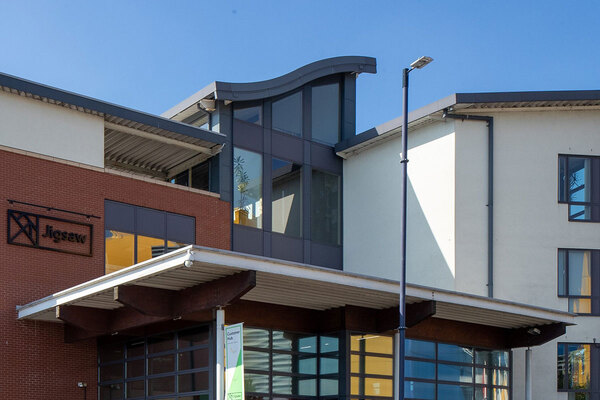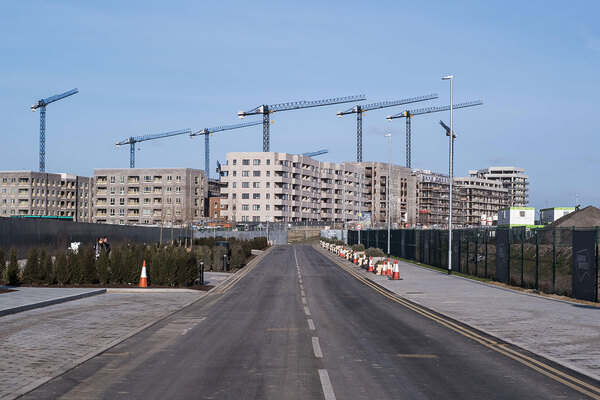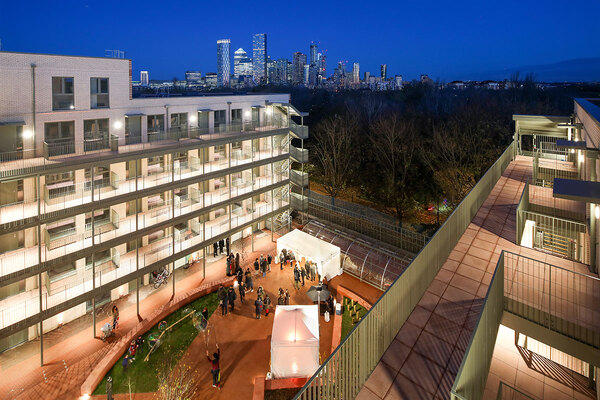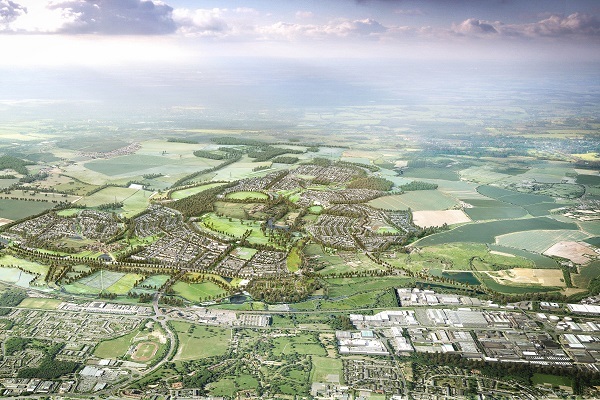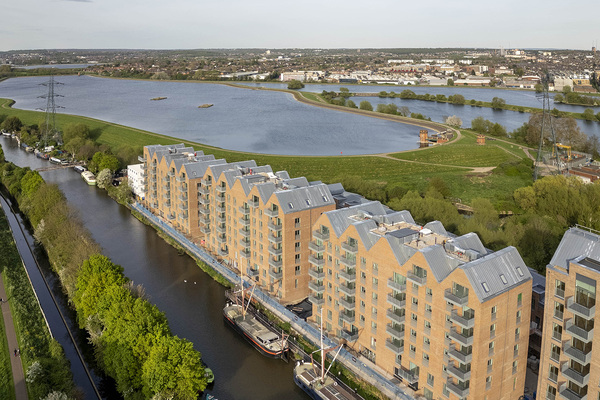You are viewing 1 of your 1 free articles
Zonal planning is undemocratic planning
Proposals trailed in the Sunday papers to change England’s planning system risk undermining democracy and trust, argues Dr Hugh Ellis
The proposals trailed in the Sunday papers undermine local democracy and planning system at a time where it needs to be strengthened.
Since Jack Airey, the author of a report advocating a shift to zonal planning, moved into the Number 10 policy unit, there has been much discussion about what a move to zonal planning might actually mean. On Sunday, we got a clearer idea of what a zonal planning system for England would look like: just three zones, allocated for either growth, renewal or protection.
“This is a straight trade-off between certainty and democracy”
The secretary of state made it sound very simple: that the basics of a zonal planning system would involve designating a zone where development in accordance with a code is automatically approved. Any developments not specifically prohibited by the code would also automatically be allowed.
This sounds easy, but in practice would result in a great deal of legal challenge as to whether something that was considered to be a novel technology was covered by zonal code restricting development. Lawyers are going have tremendous fun on the textual analysis of these codes.
The question of whether zonal planning produces good outcomes for people hangs entirely on the quality and scope of the code. The advocates of the system have never set out the detail of these codes, but we know that the ‘light touch’ regulation for permitted development has produced some shocking 21st century slums.
Now, government has ignored its own advice and is expanding permitted development despite the risks it poses.
“This is a bad deal for communities and a sad day for local democracy”
The core difference between the of code-based zones and our current system is that at present, plans set out locations and policy but politicians have the opportunity to make the final decisions on planning applications. This is a two-stage process with two opportunities for accountability and oversight, one on the plan and one on the final consent.
As a result, the heart of this debate is about local accountability and democracy. Zonal planning would give just one opportunity for democracy, when the code was prepared and then reviewed.
So this is a straight trade-off between certainty and democracy. Zonal code-based planning can provide greater certainty to all parties about the outcomes of planning decisions. And this may be seen as an attractive proposition to some frustrated with the current system.
But because securing positive outcomes in the built environment is highly complex and because there is no flexibility to respond to new circumstances at the final consent stage, effective zonal plans and ordinances are necessarily highly detailed.
There are some benefits to the certainty this creates for businesses and communities, but it is not a system which responds well to innovation. And we are in a period of rapid innovation in relation to, for example, renewable energy technology.
“There are many problems with the existing planning system around resources and genuine community participation, but zonal planning isn’t the answer to these questions”
We do however recognise our discretionary planning has real problems, not least the uncertainty of the status of local plan policy and the time it takes to prepare a plan. It’s also true, as we found in the Raynsford Review, that some denigrate the involvement of local politicians and communities in the final consenting stage of decision making.
Politicians, it is alleged, can at times be fickle, unreasonable and swayed by local campaigning. But then this applies to all forms of democracy and in fact local politicians work under much tighter rules of probity that their national colleagues. However, the current system does allow a much greater degree of flexibility to respond to changing circumstances and more direct accountability.
There are many problems with the existing planning system around resources and genuine community participation, but zonal planning isn’t the answer to these questions. Strengthening the status of the plan would create multiple benefits for the public and private sectors trust in planning. It would also curtail a highly speculative land market which relies on a proposition that local plans and local plan policy can be gamed for private advantage. You don’t need to remove democratic oversight of decisions to achieve this objective.
What we are being sold in arguments for a move to zonal planning is soft words about design, but the devil is in the detail of whether the new codes will actually uphold standards on health and well-being. We are being asked to accept this on trust while one half of the democratic basis of local planning is removed. This is a bad deal for communities and a sad day for local democracy.
This matters given the powerful lack of trust that already exists between many communities and the development sector. This trust has been badly eroded by deregulation which, in the case of permitted development, has removed political oversight. Public trust cannot be fixed by removing accountability from individual decisions.
English planning has been hacked up and demoralised over the past decade, but there is a better, more practical and more effective way of improving planning. The focus must be on how to achieve better outcomes for people and communities, while also restoring public trust. We cannot focus on speed of decision making alone.
Radical planning reform is not a party game, it requires a detailed grasp of the problem you’re trying to solve and the structures you’re trying to change. There is a risk that in “rethinking planning from first principles” that the principle of democracy is likely to be the real casualty.
Dr Hugh Ellis, director of policy, Town and Country Planning Association
Related stories


